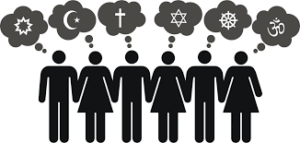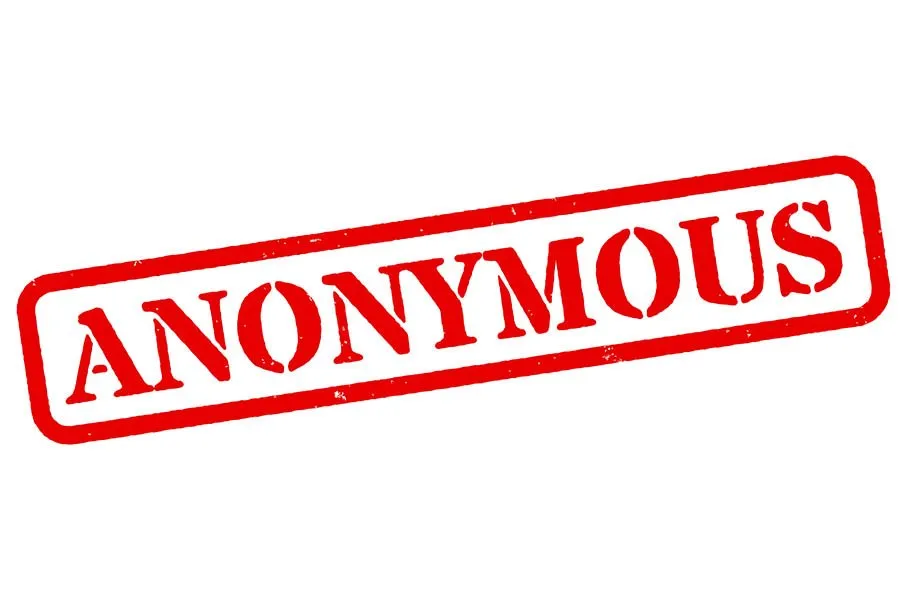A new global survey from the Pew Research Center aimed to determine the percentage of respondents in a given country who said they had switched religions and that their current religious affiliation differed from the one in which they were raised.
In the United States, that figure is 28 percent, meaning more than a quarter of Americans change religions at some point in their lives.
But this is a tricky question.
I started life as a Catholic, then I became a Protestant when I quit CCD and my parents switched churches (and thus religions) before I eventually abandoned religion altogether.
But I never believed in any of it, even as a little boy. I wanted to believe, and I still do, but I didn’t and still can’t.
So did I switch religions, or was I simply being dragged into ornate buildings to listen to content I did not accept as truth?
My religious affiliation may have changed because my geography on Sunday changed, but when it comes to my actual spiritual beliefs, nothing ever changed.
So asking people if they have switched religions is tricky.
Did they change their belief?
Or did they modify their geography?
Does a Protestant who converts to Catholicism suddenly believe that the Pope is His Holiness, that priests should be celibate, and that the Holy Ghost suddenly exists?
Or does the geography change but the heart and mind essentially remain the same?
Does a Catholic who converts to Judaism suddenly switch Jesus from the Son of God to a really smart guy with some solid teaching? Or did the Catholic-turned-Jew doubt the whole Son of God thing from the beginning?
Switching religions — at least in some cases — can simply represent a change in where you sit on Sunday.
Or Saturday.
It does not necessarily determine what someone believes in their heart and mind.
Either way, it makes sense that more than a quarter of Americans have changed their religion in their lifetime. It’s incredibly presumptuous and fairly ridiculous to think of religion as something that parents can and should pass down to their children, absent any independent thought on the part of the child. Why would any human being be expected to share the same spiritual belief as their parents simply because the parents said so?
Indoctrination, of course.
Parents attempt to indoctrinate their children into their belief system, but it makes sense that it doesn’t always work.
Why would it? Charlie loves the Yankees, Celtics, and Patriots because I do, but if he moves to San Francisco and becomes a Giants fan later in life, I wouldn’t begrudge him for his shifting loyalty. I might be a little disappointed, but humans get to choose their own path, even if their authoritarian, dictatorial, self-serving parents think otherwise.
People get to choose what they believe.
Who they love.
What they admire.
How they feel.
As parents, we can make suggestions and hope our children might agree, but expecting or demanding it is hubris and authoritarianism.
If a pollster asked me, “Have you switched religions?” should my answer be yes or no?
Is religion a label and location, or is it a belief in your heart and mind?
I think the latter, but I suspect many, including those pollsters, believe the former.







